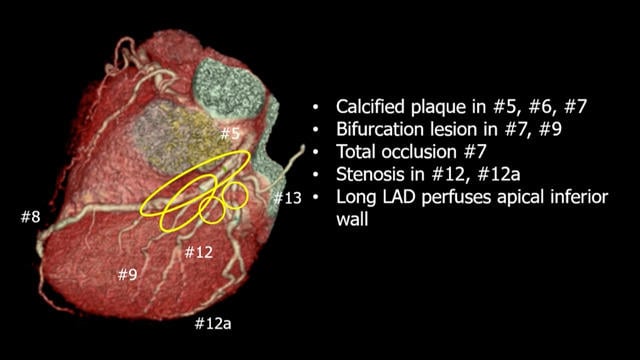
Gianluca Campo
Latest contributions
Treatment dilemmas in STEMI patients with multivessel disease
21 May 2025 – From EuroPCR 2025
Address treatment dilemmas in STEMI patients with multivessel disease through this session focused on imaging and physiology-guided revascularisation strategies. Learn optimal approaches for cases with CABG indications, and timing considerations for non-culprit vessel revascularisation during hospital admission or later stages, supported by illustrative clinical cases.
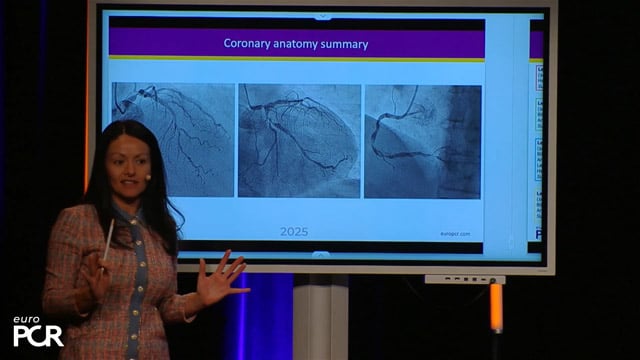
Full physiology: why and how to assess beyond coronary epicardial disease
20 May 2025 – From EuroPCR 2025
Understanding full coronary physiology is key to improving patient care. This EuroPCR 2025 session unpacks the concept and shows how to apply it easily in everyday clinical settings. Explore the latest ESC guidelines for managing patients with angina and no obstructive coronary artery disease (ANOCA), supported...
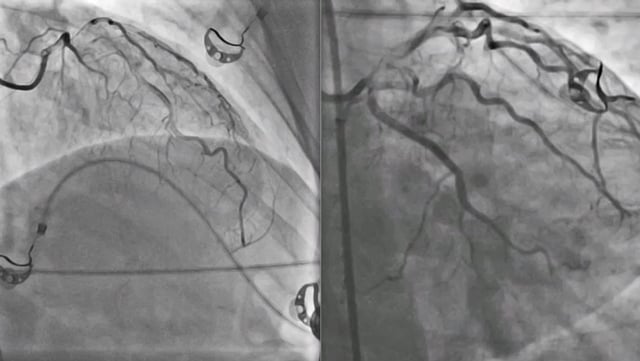
Supraflex for high-risk patients and lesions: from practice to evidence-based medicine proven through FIRE and COMPARE
20 May 2025 – From EuroPCR 2025
Discover the latest evidence on the Supraflex thin-strut sirolimus DES in complex cases—from small vessels and diabetes to STEMI—supported by OCT analysis. This session highlights Supraflex’s performance in high bleeding risk and elderly patients, featuring data from FIRE, COMPARE, EARTH HBR, and Cruz Senior studies. Get...
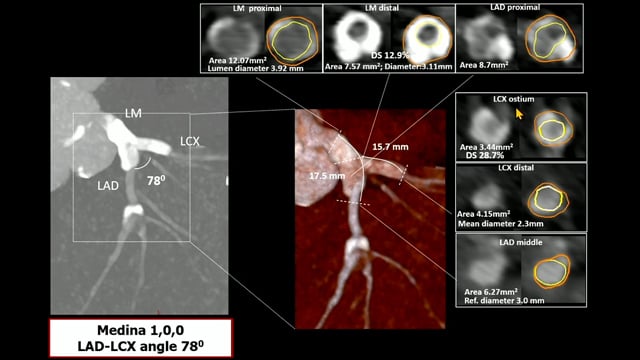
Contemporary challenges in acute coronary syndromes
20 May 2025 – From EuroPCR 2025
Examine contemporary challenges in acute coronary syndromes (ACS) through recent trials and studies. Topics include long-term outcomes of deferred stenting, thrombectomy techniques, PCI in cardiogenic shock, and revascularisation strategies, providing a comprehensive update for clinical practice.
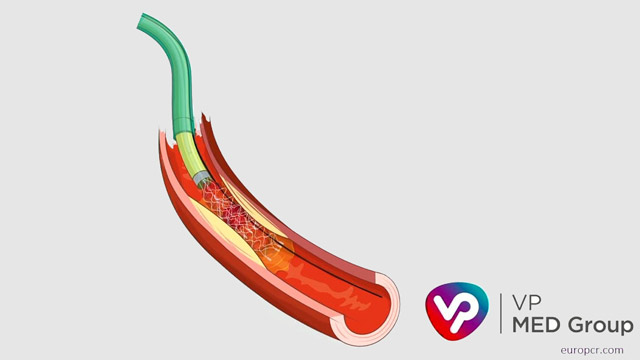
EARTH-STEMI - Complete vs. culprit-only revascularisation in older STEMI patients
03 Sep 2024
Aaysha Cader interviews Gianluca Campo about the EARTH-STEMI trial he presented at ESC Congress 2024 in London.
This meta-analysis aimed to evaluate a large cohort of STEMI patients, predominantly comorbid, with a mean age of 79 and extended long-term follow-up. The key findings revealed that complete revascularisation reduced the...

Author

Author

Update on coronary physiology in 2024
17 May 2024 – From EuroPCR 2024
This session provides an update on the available options for invasive coronary physiology in 2024. It reviews the latest evidence supporting the clinical adoption of invasive physiology indexes and shares practical tips and tricks for their application. Topics covered include CT-based physiology, pressure wire-based physiology, angiography-based...
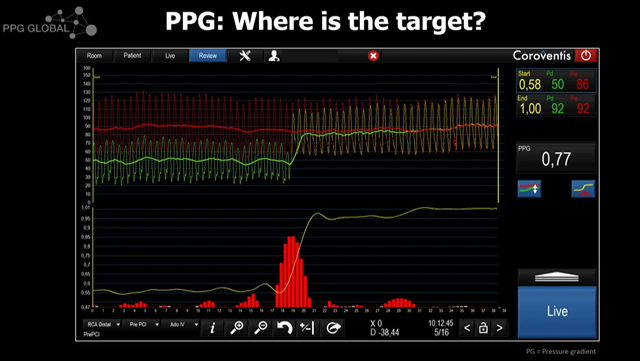
PCI to treat the bystander disease in STEMI patients: who, when and how?
16 May 2024 – From EuroPCR 2024
Watch this case-based session on PCI for STEMI to see how the guidelines are influenced by the COMPLETE trial. Learn why and how physiology can guide intermediate lesions, the importance of intracoronary imaging guidance, the value of complete revascularization in STEMI patients, the optimal method for...
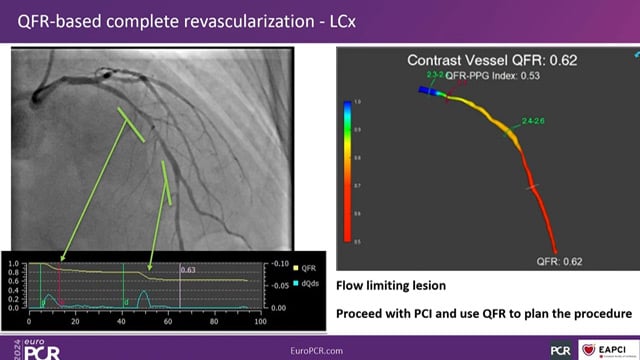
QFR: the next-generation diagnostic tool for epicardial and microvascular disease in the cathlab
15 May 2024 – From EuroPCR 2024
Join this session to delve into the cutting-edge capabilities of the newest QFR technology, allowing for rapid coronary vessel analysis in under 30 seconds. Gain insight into the diagnostic potential of QFR-IMR for assessing coronary microvascular dysfunction and understand its implications for patient care. Explore the...
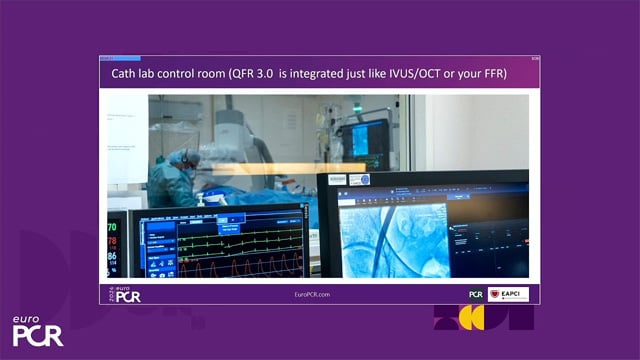
Role of deferred stenting in culprit and non-culprit lesions for STEMI
14 May 2024 – From EuroPCR 2024
This session explores the role of deferred stenting in STEMI patients, covering when and how PCI can be deferred, the latest pharmacological options for deferred stenting, and the use of imaging and physiology to guide revascularization in a primary PCI setting. Through case presentations and discussions,...
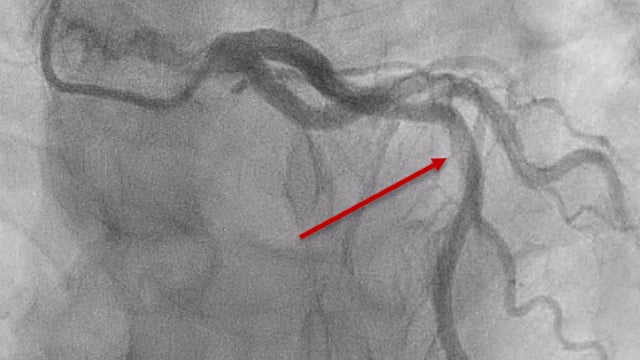
Supraflex Cruz - Improving patient outcomes: from simple to complex patients
14 May 2024 – From EuroPCR 2024
Discover the remarkable performance of Supraflex Cruz in real-world clinical settings, showcasing exceptionally low event rates and demonstrating its safety and efficacy across a spectrum of high-risk patients, including the elderly and those with high bleeding risks, and delve into the ongoing TALENT and TUDEXO II...
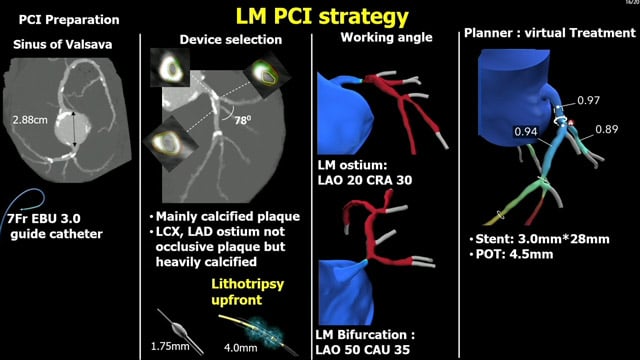
FIRE trial: physiology-guided complete PCI in older MI patients
27 Aug 2023
Luis Ortega-Paz interviews Simone Biscaglia and Gianluca Campo about the FIRE trial.
Results showed elderly patients presenting with either STEMI or NSTEMI benefit from complete revascularization, reducing cardiovascular events risk at 1 year compared to culprit lesion-only PCI.
Published simultaneously in the New England Journal of Medicine

Author

Author

Author

Integrating FFRangio into your daily practice - Empowering wire-free insights
18 May 2023 – From EuroPCR 2023
In this session, dive into the world of FFRangio, from concept to clinical reality, and then analyze different cases in real practice to see how useful the physiology is, to try to understand why it is still so little used, and to learn how FFRangio could...

Insights into coronary physiology: pressure microcatheter for clinical decision-making and PCI optimisation
17 May 2023 – From EuroPCR 2023
In this session, analyze the case of a 71-year-old current smoker man with HTN and stable angina CCS II to understand how coronary physiology helps predict what is going to happen after PCI.

Pressure microcatheter guided PCI: to optimise stent implantation and to safely assess the functional result
18 May 2022 – From EuroPCR 2022
Through the case study of a 71-year-old female patient with hypertension, dyslipidemia, previous TIA, and stress-induced chest pain, among other things, this EuroPCR 2022 session will allow you to understand the major role of longitudinal functional evaluation of CAD, learn tips and tricks in using pressure microcatheter in PCI...
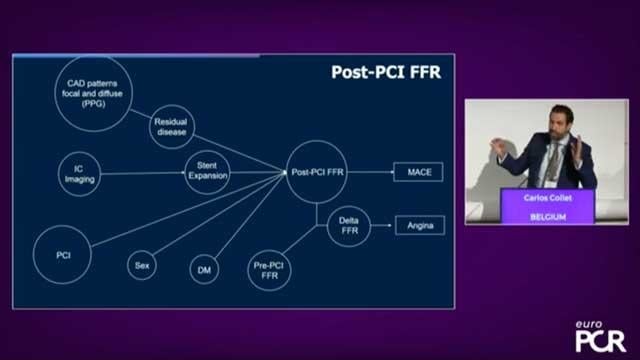
Computational physiology for treatment guidance and procedural planning
17 May 2022 – From EuroPCR 2022
Watch these videos to gain insight into the use of computational physiology for treatment guidance and procedural planning, and learn more about the accuracy of the FFR-CT planner in coronary calcific lesions, the reliability of Quantitative Flow Ratio to make a treatment decision, the validation of angiography-derived residual...
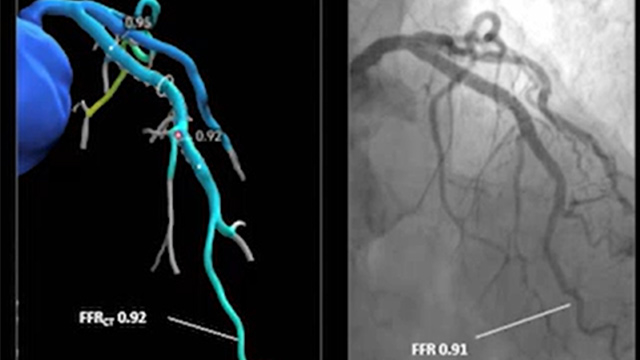
Clinical decision based on coronary physiology: where do we stand in 2022?
17 May 2022 – From EuroPCR 2022
Watch this EuroPCR 2022 session if you want to know the latest updates on integrating physiology into optimal revascularization in the cathlab: improvements in wire-based technologies, QFR from online or offline CAG, CT angio coupled with FFR, and physiology-guided vs angio-guided revascularization in ACS.
